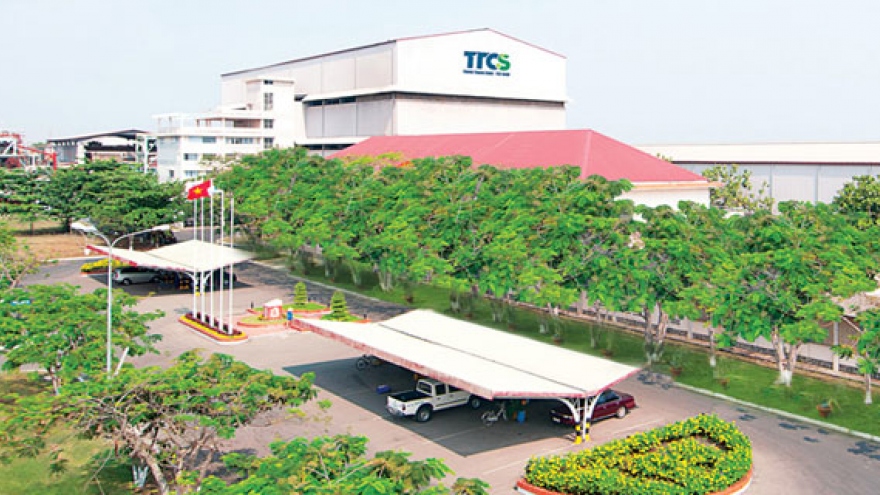Vietnam sugar production down 13%
Sugar producers, distributors and consumers discussed production and consumption in 2015-16 and forecasts for the next season at a seminar in HCM City on December 29.
 |
Together with 185,000 tonnes of imports, this fully met domestic demand that had been forecast by the Ministry of Industry and Trade, he said.
Prices would not fluctuate much from now through the Lunar New Year on January 28, he said.
Many sugar mills had signed long-term contracts with beverage production companies and fulfilled them.
But in general there is still no common voice between producers and traders and the companies they supply in terms of prices, he said.
Sugar prices depend much on sugarcane prices and global sugar prices, but with production done over six months to supply for the whole year, output and prices are often volatile, he said.
Sugar traders and food and beverage producers abhor this volatility, he said.
Representatives of Coca-Cola Vietnam and Tan Hiep Phat said the association and sugar plants should ensure steady prices.
They also said the sugar producers should invest more in packaging, saying the packing should be done in bigger bags instead of the current 50kg bags to reduce loading and unloading costs.
Nguyen Thi Thu Sa, general director of Thanh Thanh Cong Trading JSC, said sugar quality has improved significantly.
“Our RE (refined extra) already met quality standards, the newly produced RS (refined standards) sugar is very good, but by the end of the season the latter’s colour and moisture change much. Sugar producers must work to improve this.”
She and several others said they should also work out clear plans to ensure steady supply whether prices are rising or falling.
Many suggested that the Government should keep a close eye on sugar imported ostensibly for re-export since it is sold surreptitiously in the domestic market, and prevent smuggling in to protect the domestic industry.
Chairman Doanh said the association has suggested to the Government that it should organise the auctions for sugar import quotas in the first quarter instead of the third quarter and only allow import of raw sugar to safeguard local jobs.
The association said enterprises that failed to utilise their import permits should not be allowed to use them later.
Doanh quoted the International Sugar Organisation as saying that in 2016-17 the global sugar market would face a shortage of 6.2 million tonnes and inventories would shrink to their lowest levels since 2010-11.
Global sugar prices would remain high, he said.



